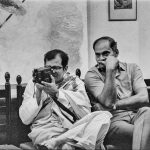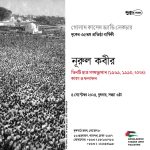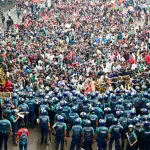

-
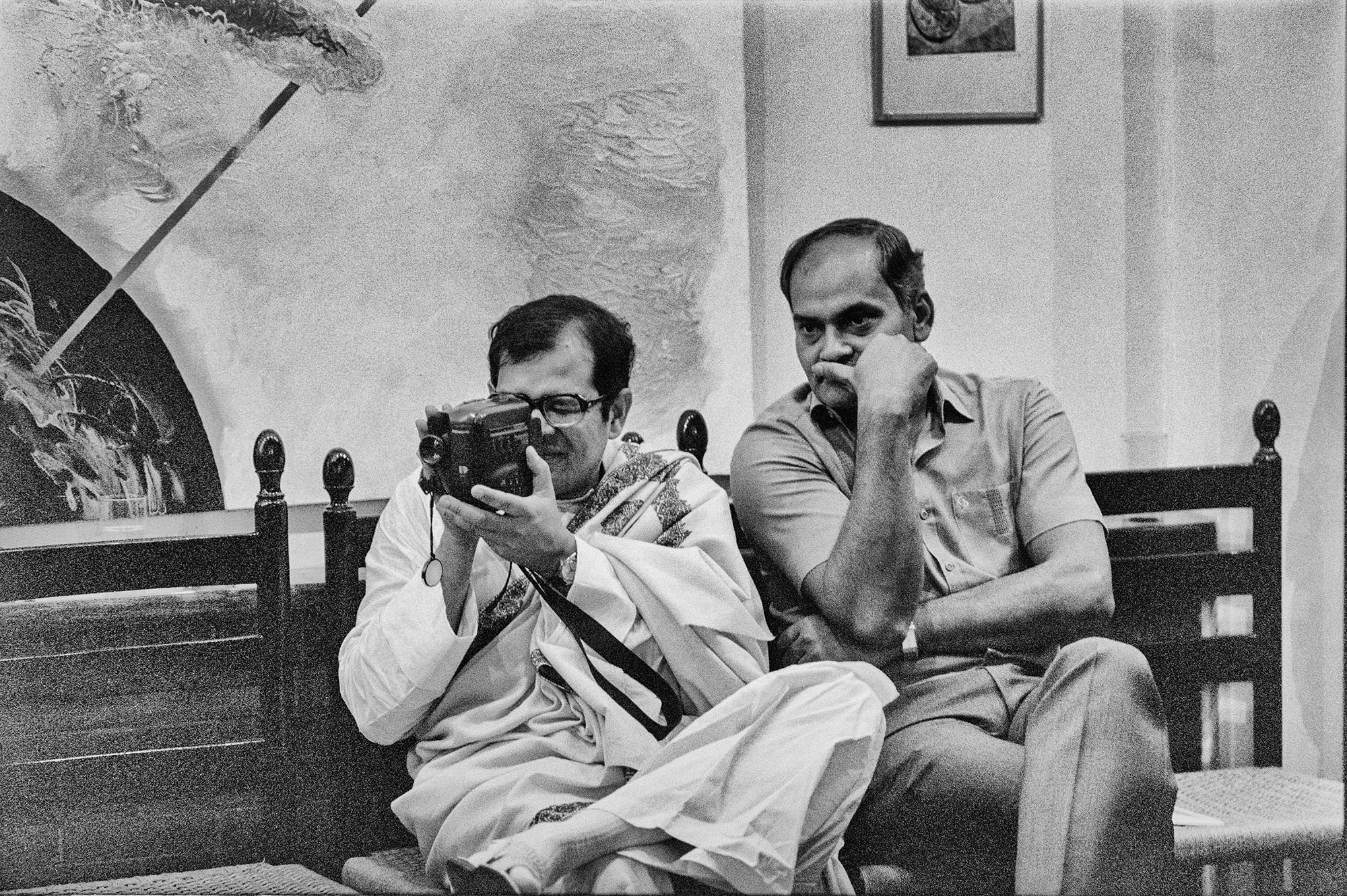
What’s in a selfie?
https://www.newagebd.net/post/new-age-specials/245038/whats-in-a-selfie SELFIES are not my speciality. I also tend to…
-
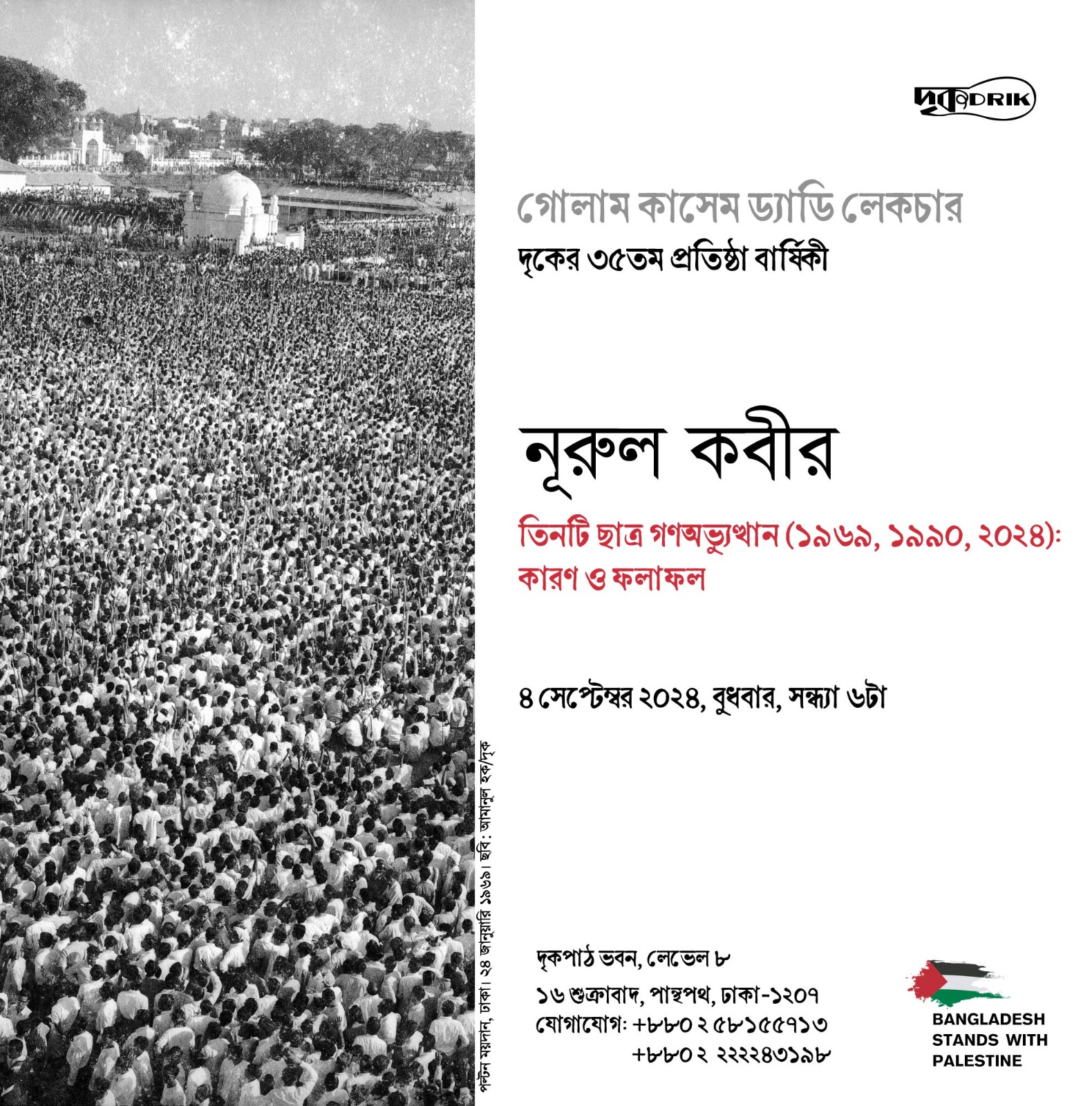
Three student rebellions, 1969, 1990, 2024, reasons and results
Golam Kasem Daddy Lecture by Nurul Kabir on the 35th…
-
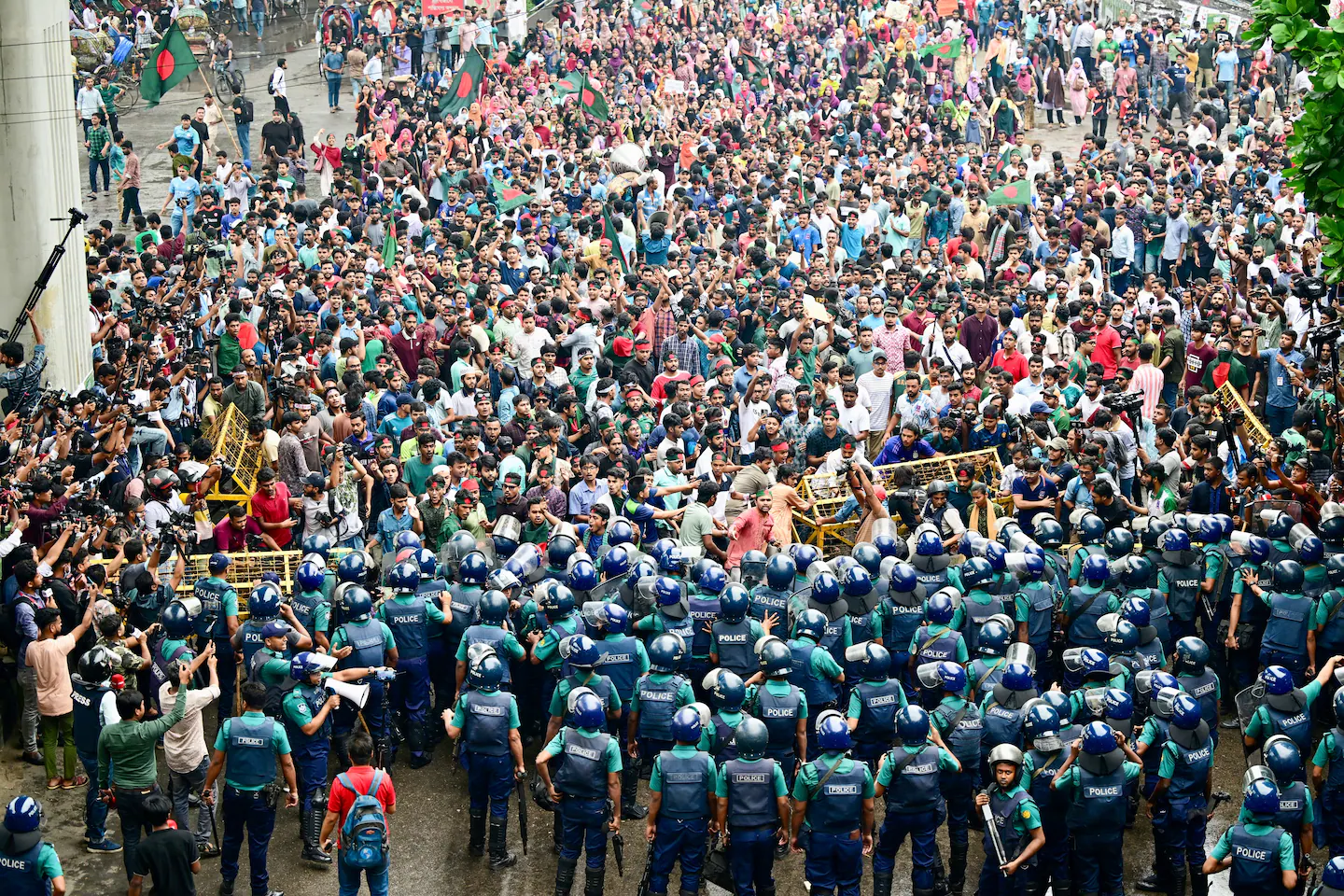
Bangladesh Was Ready To Explode
I was there with the students. https://www.washingtonpost.com/opinions/2024/09/04/bangladesh-students-revolution
-
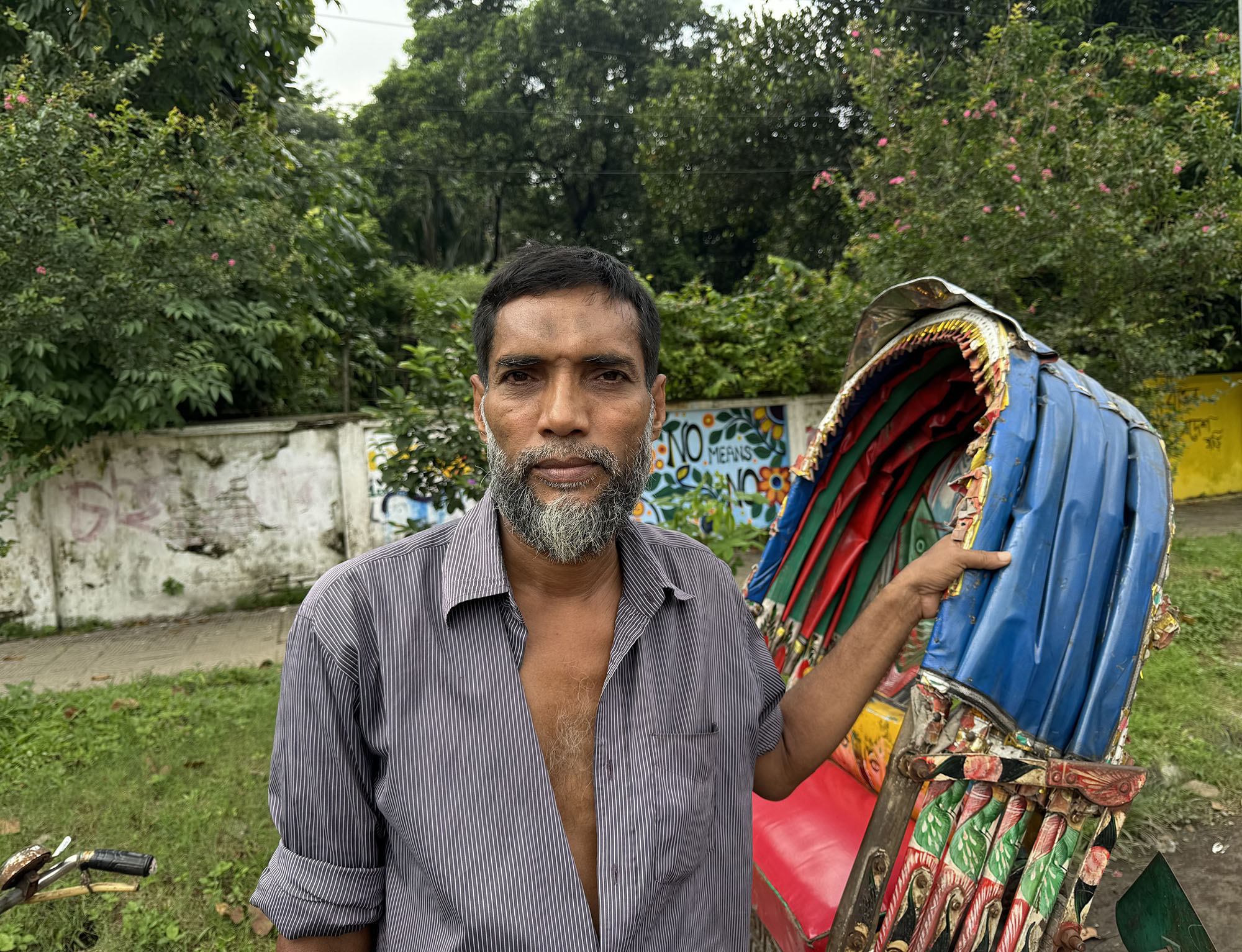
Women in Monsoon Revolution
Rikshawala Doridro Moniruddin speaks about the lack of representation of…
-
‘Rush’ to Hatibandha border
সীমান্তের হাতিবান্ধায় সংখ্যালঘু হিন্দুদের দেশত্যাগের ‘হিড়িক’:একটি অনুসন্ধানী প্রতিবেদন People of…
-
Bangladesh: Deadly student protests over controversial quota system
For days, the streets of the Bangladeshi capital, Dhaka, have…
-
A Discrimination Free Bangladesh
Riksha puller Mohammad Faridul Islam talks about aspirations for new…
-
-
Lobbying, pimping and sycophancy – all in one
Shahidul Alam 25 July 2025 The denial of repression in…
-
Bangladesh’s Spin Doctors Are Wrong-Footed by Their Own Doosra
Sheikh Hasina, a long standing member of the tyranny club…
-
Between A Rock And A Hard Place
Bruised, Battered, Targeted, Undaunted: Bangladesh’s Students Will Not Bow https://thewire.in/south-asia/bangladesh-quota-reform-protesters-insider-account
-
-
-
‘You are guilty because we say so.’
The imprisonment of Odhikar’s Adilur Rahman Khan and ASM Nasiruddin…
-
-
-
The virus doesn’t but the powerful do
LOUD and angry, the child’s voice reverberates along the Dhanmondi…
-
-
-
Silence is not an option
Shahidul Alam is a Bangladeshi photojournalist, teacher, and social activist.…
-
-
Latest Posts
Categories
- 1971
- Afghanistan
- Arts
- Bangladesh
- Capitalism
- Caretaker government
- Censorship
- China
- Chittagong Hill Tracts
- Chobi Mela
- Chobi Mela VII
- Coal
- Colonialism
- Consortium government
- Corruption
- COVID 19
- Crossfire
- culture
- Current News Photos
- Democracy
- development
- Disappearances
- disasters
- Drik and its initiatives
- Drik DNA
- Drik's Network Partners
- Drugs
- economy
- Education
- Elections
- Energy
- environment
- exploitation
- features
- Film
- Garments
- Gas
- Gender
- Genocide
- Global Issues
- Governance
- guimet
- Health
- History
- Human rights
- Humour
- Immigration
- Imperialism
- India
- Interesting sites
- Interviews
- Interviews and Features
- Islam
- Kalpana Chakma
- Killings
- Law
- lectures
- literature
- Major Features on Bangladesh
- Majority World
- media
- Media issues
- Migration
- Military
- mining
- Mir Jafar
- Monarchy
- Music
- My Photo Essays
- Nepal
- New Age
- New Media
- News Archives
- News Photo Archives
- Nuclear
- Occupation
- Oil
- Pakistan
- Partition
- Pathshala
- People
- Personal
- Photography
- Photojournalism
- Photojournalism issues
- photojournalist
- politics
- Poverty
- RAB
- Rahnuma Ahmed
- Religion
- Resistance
- Reviews
- Science
- security
- Shahidul Alam
- Sheikh Hasina
- short stories
- Sites of Drik and Pathshala photographers
- South Asia
- Southern Exposure
- Sports
- Sri Lanka
- surveillance
- Taliban
- Technology
- Terrorism
- Transport
- UK
- Uncategorized
- USA
- Violence
- War
- war on terror
- Water
- World
Tags
1971 Art Arts Bangladesh book censorship Chobi Mela Chobi Mela VII culture Death democracy Dhaka Drik education Elections exhibition Festival garments Gaza Genocide Governance history Human rights India Israel Journalism Law literature Majority World media Military Pakistan Palestine Pathshala Photography Photojournalism politics Rahnuma Ahmed resistance Shahidul Alam USA Violence Visual Arts War War Crimes
